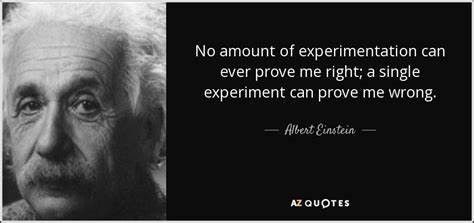Science

At Market Harborough Church of England Academy, our science curriculum is designed to awaken children’s curiosity about the world around them. We use the highly regarded CUSP science planning, developed by experts in the field of Primary STEM education, to guide our lesson planning to suit the needs of the children in our classes. This learning journey is based on the National Curriculum and we have tailored it to ignite our children’s enthusiasm for Science.
Each of our lessons addresses a Learning Question, related to the National Curriculum, which we use to spark the children’s interest in our subsequent enquiries. Our lessons introduce children to key scientific ideas, concepts and vocabulary in the areas of Biology, Chemistry and Physics. Alongside this the children learn to work scientifically, to give them opportunities to apply and enhance their learning in practical investigations.
Our planning with CUSP is designed to ensure that the children’s learning builds sequentially, starting in EYFS with their work on ‘Understanding the World’, and growing in depth and complexity throughout their primary education. We aim for them to leave Primary School as confident scientific learners, ready to embark on their Secondary School science learning journey.
Our Stewards of the Earth golden thread relates directly to the following areas of Science: The Natural World (EYFS), Seasonal Changes (Year 1), Plants (Years 1, 2 and 3), Living Things and their Habitats (Years 2, 4, 5 and 6) and Animals including Humans (Years 1, 2, 3, 4, 5 and 6). Quality first teaching in Science enables our children to engage with our world, inspiring their curiosity, encouraging their investigation and helping them to build a relationship with our world that they can carry into adulthood. This love of the world, and the discovery that each individual can interact with it, has big implications for the future of our planet as humanity looks to rebalance climate change.
Hope for Humanity is thereby woven into the science curriculum: by developing inquiring, curious minds, we aim to develop children who can actively think about how to use their knowledge and understanding of the world for the good of humanity. Recycling and reusing around school, visits to recycling plants and planting hedgerows with Harborough Woodland are all examples of activities we have undertaken here at Market Harborough C of E that support us on this path.
Our Community of Learners golden thread is at the heart of our work with local organisations such as The Eco Village, Welland River Trust, Harborough Woodland, Harborough Library and Stevens Street Allotments. These partnerships enrich our links with our local area and make learning real and relevant for our children. We also link with other Primary Schools in the area through our place in the Market Harborough STEM Primary Partnership. We have successfully collaborated with them to help organise the annual Primary Partnership STEM conference, which brings together budding primary scientists and mathematicians from across Market Harborough’s schools to explore STEM learning together.
Science is held in high regard at Market Harborough C of E. We aim to develop our children's scientific knowledge alongside their understanding of the disciplinary skills that will help them to be scientists themselves.

